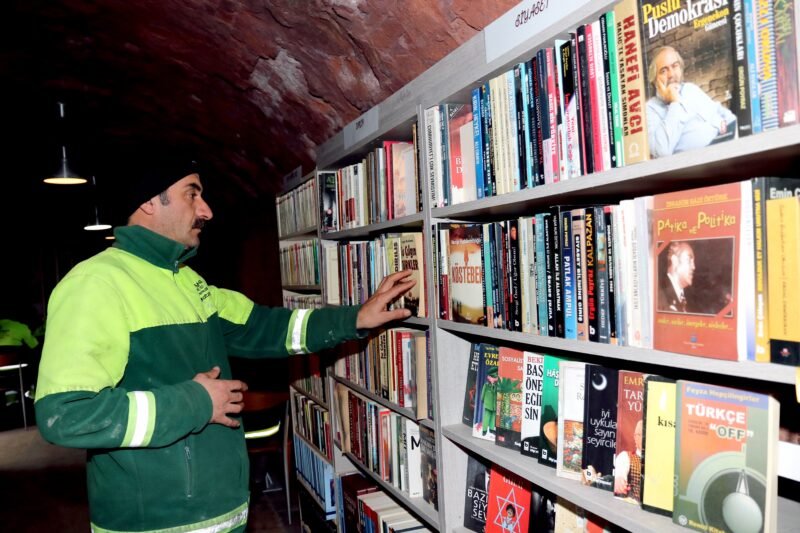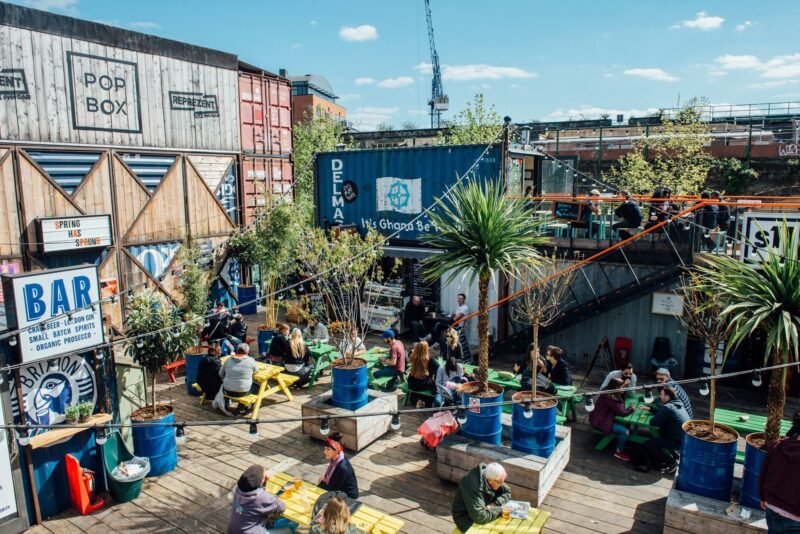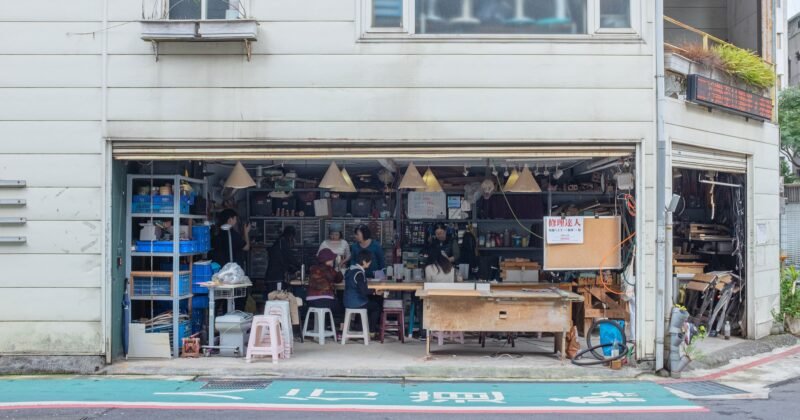Spacehive: A Crowd-Funding Platform For Urban Initiatives
As we said before, crowd-funded urbanism is trending in 2012. More urban crowd-funding initiatives pop up. Only last December Spacehive was launched in the UK, a crowd-funding platform focused on ‘neighborhood improvement projects’. Spacehive says to provide “a quick and democratic way” to fund a project.

After its first three months, one first success story can be reported. The small ex-miner town Glyncoch in South Wales spent nearly seven years to raise the 800,000 pounds for a new community center, and they were still in short up to 35,000 pounds with only ten weeks left for the deadline. It was a close call for the Glyncoch initiative. Only two months ago they turned to Spacehive. Just in a nip of time — a nerve-racking 22 days — they raised the last sum that was needed to realize the project.

Proposal for The Magic Roundabout
But by ‘neighborhood improvement projects’ Spacehive not solely aims at the large boulevards, theaters and community centers, but also at the smaller initiatives. Think about a park bench, a goal post and so on. Spacehive wants to be more socially constructive with a platform where people can connect, share and donate. Posting a concept can help you connect to others who can support. It’s free to upload projects and to donate — administration fees only have to be paid when a project is successfully funded. Asked about the benefits for third-party funding, founder Chris Gourlay states in an interview with BBC’s Radio 5 Live:
“Public space is a huge arena that has a huge bearing on our quality of life, and economic well-being if you are a local trader on a high street. The difference between a high street, that is a rubbish place, where people don’t want to visit and somewhere that is a nice place to be — where people want to spend money — can have a huge impact on your business. And so, this is a service that allows people to invest in urban playgrounds and high streets.”

Proposal for Stockwell Urban Oasis
Crowd-funding is more than a recession tool, it’s a way to realize pending projects. As stated before, crowd-funding of urban projects brings a sense of ownership to place and projects in public space, because it gets people directly involved with their direct living environments.



